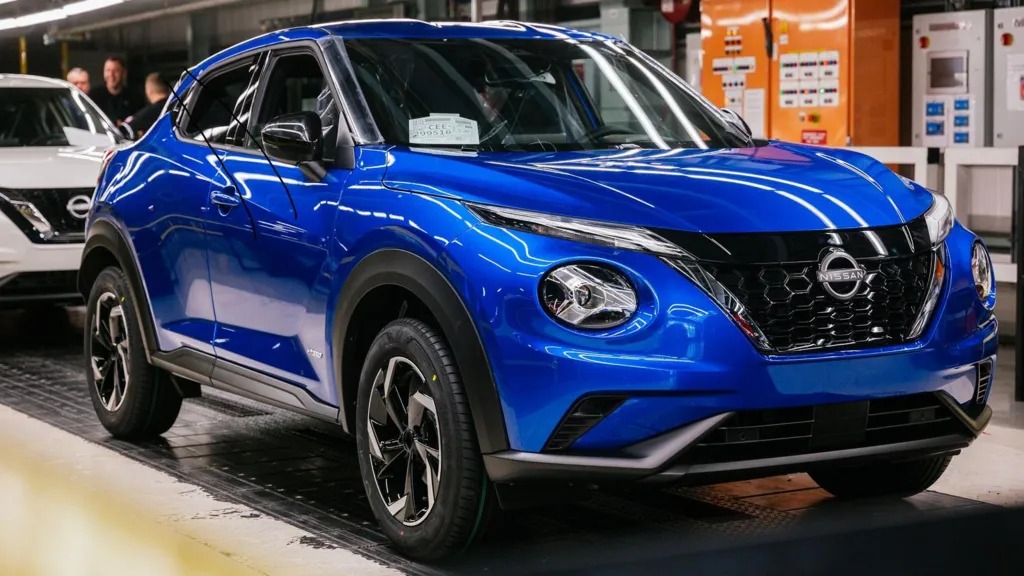
Honda and Nissan Plan Strategic Merger
Japanese carmakers Honda and Nissan have announced plans to merge, aiming to create a powerhouse capable of competing with Chinese electric vehicle (EV) dominance. This merger, which includes Mitsubishi, seeks to counter growing competition from companies like BYD, China’s EV giant.
If completed, the merger would establish Honda, Nissan, and Mitsubishi among the world’s largest car manufacturers, alongside Toyota, Volkswagen, General Motors, and Ford.
The Challenge from Chinese EV Makers
The merger plans are a response to the rise of Chinese EV manufacturers, who leverage lower production costs and state subsidies to dominate the global EV market. Chinese-made vehicles are increasingly competitive, offering buyers lower prices compared to traditional carmakers.
China’s dominance has positioned it as the world’s largest producer of EVs, prompting competitors like Honda and Nissan to rethink their strategies.
Key Drivers of the Merger
Honda’s CEO Toshihiro Mibe highlighted the urgency of the merger:
“There is a rise of Chinese power and emerging forces… The structure of the automobile industry is changing.”
He added that the companies must establish “capabilities to fight” by 2030 or risk being outpaced by rivals.
Nissan CEO Makoto Uchida revealed that combined, Honda and Nissan generate over $191 billion in sales, providing a strong foundation for tackling Chinese competition.
Impact of the Merger
- Shared Resources:
The merger allows Honda, Nissan, and Mitsubishi to pool resources, particularly in EV technology and battery development, strengthening their position against competitors like Tesla and BYD. - Global Market Strategy:
The alliance will focus on bolstering their presence in key markets, including China and the EU, which have introduced tariffs on Chinese EVs. - Job Cuts and Political Scrutiny:
The merger may face political challenges in Japan due to potential job cuts and Nissan’s planned unwinding of its alliance with Renault.
Challenges Facing Nissan
Nissan has faced significant setbacks in recent years, including:
- Falling sales in China and the US, leading to 9,000 job cuts and a 20% reduction in global production.
- Lingering effects of the Carlos Ghosn scandal, which shook investor confidence.
While Honda’s CEO denies that the merger is a bailout for Nissan, the company’s financial struggles and turnaround efforts will likely play a pivotal role in the merger’s success.
Looking Ahead
As Honda and Nissan finalize their merger talks, they aim to redefine their presence in the rapidly evolving global car market. With ambitious plans for 2030, the merger represents a bold move to combat the rise of Chinese EV dominance.
However, intense political scrutiny and potential job losses in Japan may shape the outcome of this historic merger.
External Link: Learn more about the Honda-Nissan merger at BBC News.
Internal Link: Stay updated on global automotive trends at Kenkou Land.



